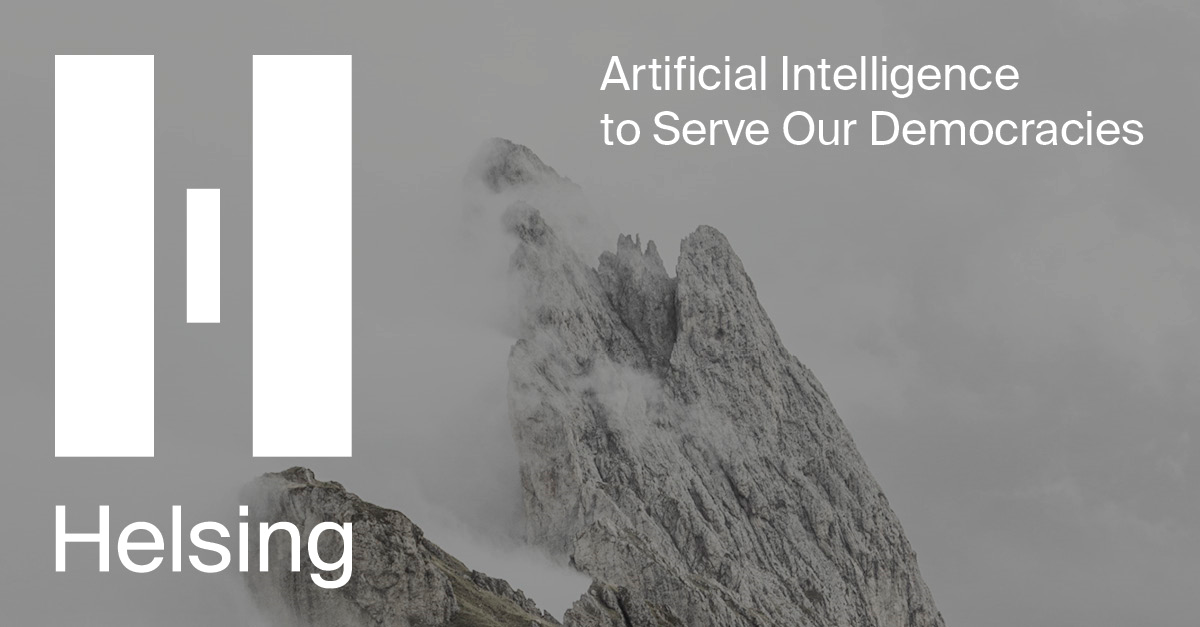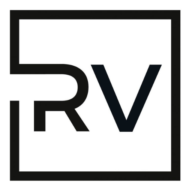The Rise of Helsing: A Decacorn in the Making
June 19, 2025, 9:48 am

Location: United Kingdom, England, City of London
Employees: 11-50
Founded date: 1888
In the world of startups, few milestones shine as brightly as the title of "Decacorn." This term, reserved for private companies valued at over $10 billion, is a rare gem. On June 17, 2025, Helsing, a Munich-based defense technology firm, achieved this coveted status. With a staggering €600 million investment led by Prima Materia, the company’s valuation soared to €12 billion. This achievement places Helsing among the elite, alongside only a handful of other European tech giants.
Founded in 2021 by Torsten Reil, Niklas Köhler, and Gundbert Scherf, Helsing specializes in artificial intelligence for defense applications. Their technology aims to assist military personnel in assessing combat situations and selecting strategic targets. In a world where technology and warfare increasingly intertwine, Helsing stands at the forefront, ready to redefine how defense operations are conducted.
The investment round that propelled Helsing into decacorn territory included heavyweights like Lightspeed Ventures, Accel, and Saab. This influx of capital is not just a financial boost; it’s a vote of confidence from some of the most influential players in the tech and defense sectors. The Financial Times noted that Helsing is now one of the five most valuable private tech companies in Europe. Such recognition is a testament to the company’s innovative approach and the growing demand for advanced defense technologies.
Helsing’s journey has not been without its challenges. The company has raised approximately €1.4 billion since its inception, a significant feat in the competitive landscape of tech startups. The latest funding round follows a previous investment of €450 million in July 2024, which valued the company at €4.5 billion. This rapid growth trajectory is indicative of the increasing reliance on technology in defense and security.
The implications of Helsing’s success extend beyond financial metrics. The company’s focus on AI capabilities for military applications raises important questions about ethics and the future of warfare. As nations grapple with the implications of AI in combat, Helsing’s innovations could play a pivotal role in shaping military strategies worldwide. The integration of AI into defense systems is not merely a trend; it represents a fundamental shift in how conflicts may be managed in the future.
While Helsing basks in its newfound status, the startup ecosystem in Europe continues to evolve. The emergence of new venture capital firms, such as Realyze Ventures, highlights the growing interest in technology startups focused on sustainability and efficiency. Realyze Ventures recently announced the first closing of its inaugural fund, targeting €100 million. This fund aims to invest in European tech startups that enhance climate and process efficiency in the construction and real estate sectors.
The rise of venture capital firms like Realyze Ventures signifies a broader trend. Investors are increasingly looking for opportunities that align with sustainability goals. This shift reflects a growing awareness of the need for responsible investment practices. As the world faces pressing environmental challenges, startups that prioritize sustainability are likely to attract more attention and funding.
In addition to Helsing and Realyze Ventures, the startup landscape is buzzing with activity. Companies like One Ware, which recently secured €2.5 million in funding, are pushing the boundaries of technology. One Ware automates the configuration of tailored AI solutions, making it easier for developers to deploy applications without extensive infrastructure. This innovation could democratize access to AI, allowing more businesses to harness its power.
However, not all news in the startup world is positive. The Berlin-based startup McMakler is reportedly facing internal strife, signaling potential challenges in its leadership structure. Such conflicts can hinder growth and innovation, serving as a cautionary tale for other startups. The dynamics within a company can be as crucial as its technology or funding.
As the startup ecosystem continues to mature, it’s essential to recognize the warning signs that indicate trouble. Articles highlighting these red flags serve as valuable resources for entrepreneurs and investors alike. Awareness of potential pitfalls can help navigate the turbulent waters of startup life.
In conclusion, Helsing’s ascension to decacorn status is a significant milestone in the European tech landscape. It symbolizes the intersection of technology and defense, a field ripe for innovation. As Helsing leads the charge, other startups are emerging, driven by sustainability and efficiency. The future of the startup ecosystem is bright, but it requires vigilance and adaptability. The journey is fraught with challenges, but for those who navigate it wisely, the rewards can be monumental. The startup world is a wild ride, and Helsing is just one of the many players shaping its future.
Founded in 2021 by Torsten Reil, Niklas Köhler, and Gundbert Scherf, Helsing specializes in artificial intelligence for defense applications. Their technology aims to assist military personnel in assessing combat situations and selecting strategic targets. In a world where technology and warfare increasingly intertwine, Helsing stands at the forefront, ready to redefine how defense operations are conducted.
The investment round that propelled Helsing into decacorn territory included heavyweights like Lightspeed Ventures, Accel, and Saab. This influx of capital is not just a financial boost; it’s a vote of confidence from some of the most influential players in the tech and defense sectors. The Financial Times noted that Helsing is now one of the five most valuable private tech companies in Europe. Such recognition is a testament to the company’s innovative approach and the growing demand for advanced defense technologies.
Helsing’s journey has not been without its challenges. The company has raised approximately €1.4 billion since its inception, a significant feat in the competitive landscape of tech startups. The latest funding round follows a previous investment of €450 million in July 2024, which valued the company at €4.5 billion. This rapid growth trajectory is indicative of the increasing reliance on technology in defense and security.
The implications of Helsing’s success extend beyond financial metrics. The company’s focus on AI capabilities for military applications raises important questions about ethics and the future of warfare. As nations grapple with the implications of AI in combat, Helsing’s innovations could play a pivotal role in shaping military strategies worldwide. The integration of AI into defense systems is not merely a trend; it represents a fundamental shift in how conflicts may be managed in the future.
While Helsing basks in its newfound status, the startup ecosystem in Europe continues to evolve. The emergence of new venture capital firms, such as Realyze Ventures, highlights the growing interest in technology startups focused on sustainability and efficiency. Realyze Ventures recently announced the first closing of its inaugural fund, targeting €100 million. This fund aims to invest in European tech startups that enhance climate and process efficiency in the construction and real estate sectors.
The rise of venture capital firms like Realyze Ventures signifies a broader trend. Investors are increasingly looking for opportunities that align with sustainability goals. This shift reflects a growing awareness of the need for responsible investment practices. As the world faces pressing environmental challenges, startups that prioritize sustainability are likely to attract more attention and funding.
In addition to Helsing and Realyze Ventures, the startup landscape is buzzing with activity. Companies like One Ware, which recently secured €2.5 million in funding, are pushing the boundaries of technology. One Ware automates the configuration of tailored AI solutions, making it easier for developers to deploy applications without extensive infrastructure. This innovation could democratize access to AI, allowing more businesses to harness its power.
However, not all news in the startup world is positive. The Berlin-based startup McMakler is reportedly facing internal strife, signaling potential challenges in its leadership structure. Such conflicts can hinder growth and innovation, serving as a cautionary tale for other startups. The dynamics within a company can be as crucial as its technology or funding.
As the startup ecosystem continues to mature, it’s essential to recognize the warning signs that indicate trouble. Articles highlighting these red flags serve as valuable resources for entrepreneurs and investors alike. Awareness of potential pitfalls can help navigate the turbulent waters of startup life.
In conclusion, Helsing’s ascension to decacorn status is a significant milestone in the European tech landscape. It symbolizes the intersection of technology and defense, a field ripe for innovation. As Helsing leads the charge, other startups are emerging, driven by sustainability and efficiency. The future of the startup ecosystem is bright, but it requires vigilance and adaptability. The journey is fraught with challenges, but for those who navigate it wisely, the rewards can be monumental. The startup world is a wild ride, and Helsing is just one of the many players shaping its future.

